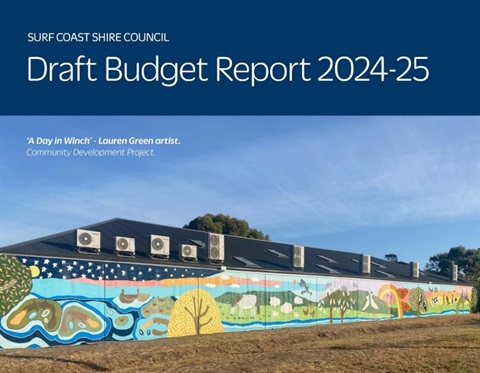released today calls for Commonwealth Government-led collaboration between disability service providers, their employees and unions to implement actions which will improve NDIS clients’ satisfaction and safety, support worker employment security, and service provider viability.
Commissioned by Greenacres Disability Services with funding from the Commonwealth Government’s Innovative Workforce Fund, Where Secure Employment meets Clients’ Needs, the report authored by Dr Fiona Macdonald, investigates the impacts of the NDIS funding model on disability support worker employment and the clients they assist.
In enabling people with disability to determine when and how they are supported under the NDIS, service providers are increasingly looking to casual labour as they seek to balance costs with short notice requests.
However, while casual arrangements can enable responsiveness to people with disabilities requiring flexible access to services, they are a disincentive for attracting and retaining quality staff wanting job security and provide less staff continuity for clients.
Chris Christodoulou, CEO Greenacres Disability Services said, “With the NDIS under stress in terms of workforce issues, this ground-breaking report highlights the need for a collaborative approach where the needs of both participants and support staff can intersect and create secure employment which is responsive to meet client needs.
“Dr Macdonald analysed the risks associated with a casualised workforce under the NDIS and put forward various options for unions, employees and providers to consider which can stem the tide of insecure employment, whilst at the same time, having a workforce that can be responsive to when people with disabilities require their services.”
Key options noted within the report were: adopt secure, adjustable or responsive work arrangements as an option for permanent part time employees; establish reasonable minimum engagement periods for part time employees; build flexibility across services and participants through self-managed teams and work, and; minimise casual employment.
David Moody, Acting CEO of National Disability Services, the peak representative body for service providers said, “The Report highlights that through collaboration we do not have to make choices between employing casuals or permanent staff, because efficiency and effectiveness can be achieved if all parties use a collaborative industrial relations framework to consider the options in the report.
“I believe many providers will look at the proposals in this report and see some real advantages.”
Natalie Laing, NSW Branch Secretary of the Australian Services Union said, “This critical piece of work can be used by the industry to build real careers in what is a very transactional NDIS scheme which, by its very nature, can push employers to use more casual staff.
“The growth in casual employment is in no one’s long term interests. Not Providers, not government, not participants and not employees.
“The ASU is open to have discussions with providers who want to be constructive to find good solutions.”
Dr Macdonald said, “In my view, the NDIS can only meet its full potential to provide quality services to clients if we have a workforce which has secure employment, whilst at the same time being responsive to client needs.”






